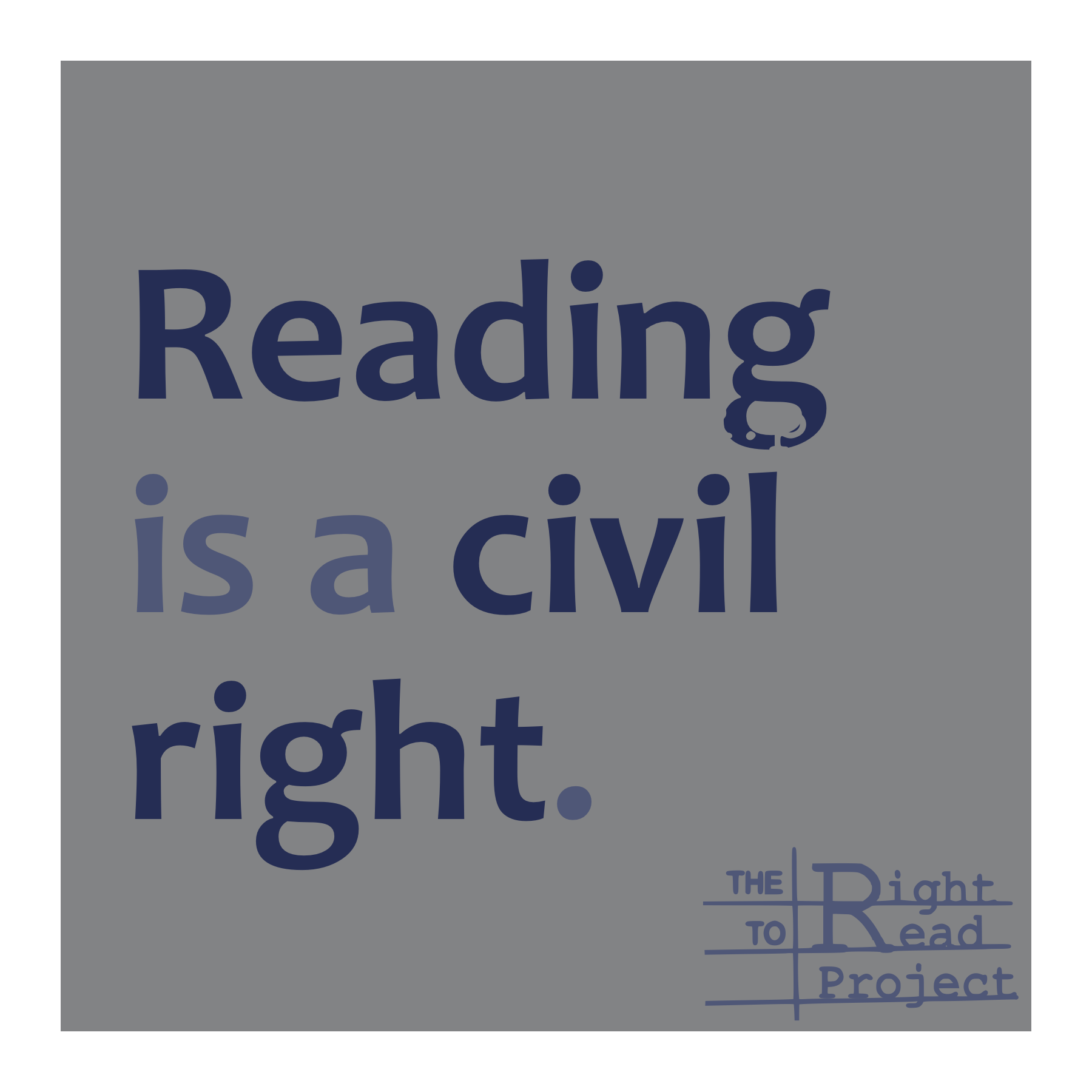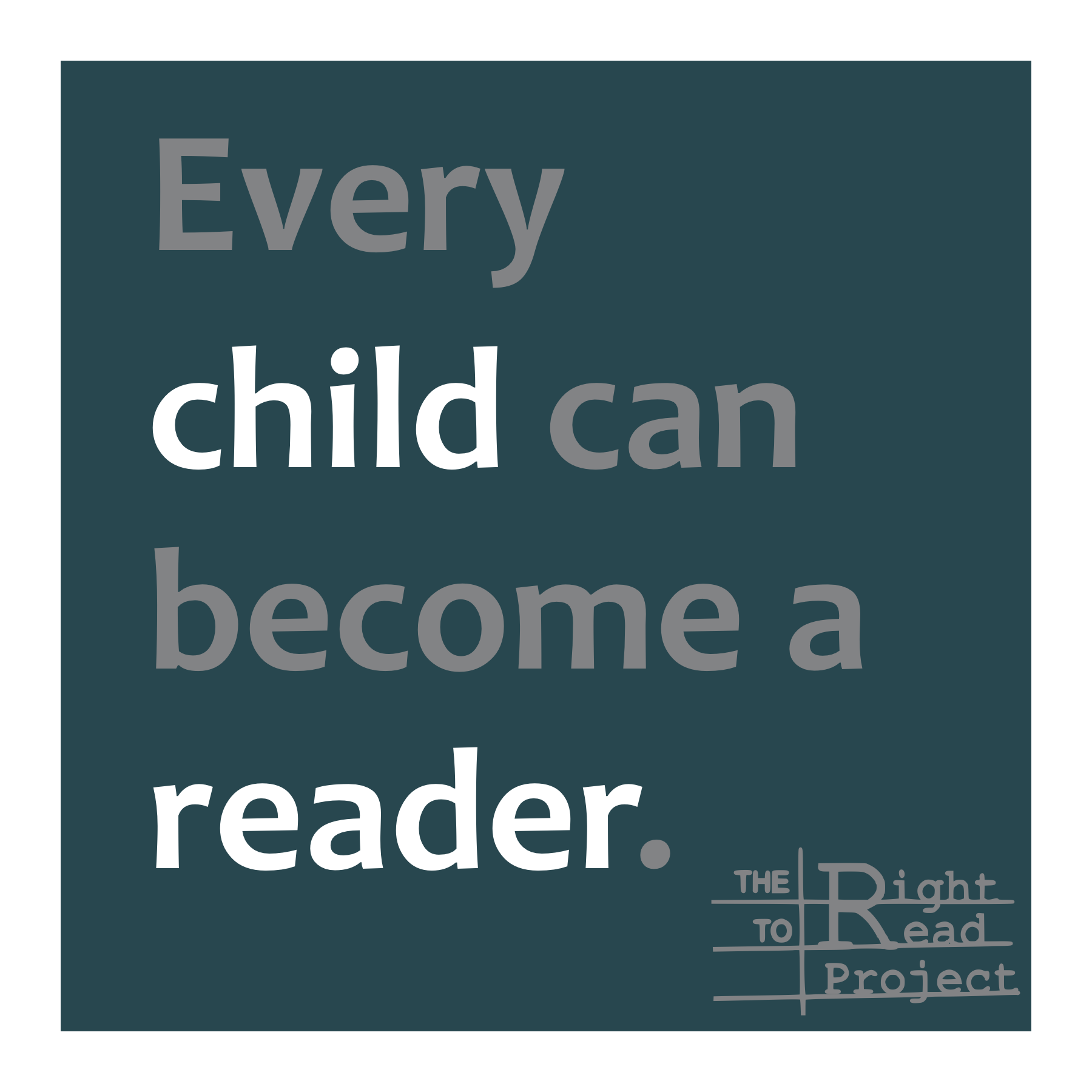We’re keeping our worries about the Science of Reading movement quiet, afraid that voicing them will somehow increase the chances that it could fail. But anyone who cares deeply about its success is plagued by “what ifs” that keep us up at night.
What if we fall short because…
- We’re expecting too much of teachers?
- We’ve underestimated the support schools need?
- Funding dries up?
- Schools overcorrect and provide explicit instruction at the expense of students reading and enjoying books?
- Curriculum developers continue to offer topic-focused units instead of the lessons needed to help students understand complex texts?
- No one fights for the kids who depend on school for language instruction, after decoding instruction improves and dyslexia advocates have moved on to other causes?
- People abandon the work when they realize there’s still so much to learn?
- Researchers continue using schools to conduct studies and extract data, but never learn how to actually help teachers?
- There’s no system for monitoring implementations across the country to learn what works?
Anyone knowledgeable about reading research and what’s happening in classrooms has worries like these. But most of us have remained quiet, afraid of seeming unsupportive or of slowing the momentum that’s been building. I worry, though, what will happen if we don’t speak up?
How will we feel if a summary of this period in history is:
“The science of reading, a wide-body of interdisciplinary research about reading, was dubbed ‘SoR’ and it became a brief movement in education. Teachers aspired to align their instruction with scientific evidence, but due to lack of support and misinformation, they failed to implement effective practices. Student achievement remained stagnant and teachers came to believe that factors outside the classroom have a greater influence on student learning than classroom instruction.”
A few brave people have said we’re well on our way to that future:
“Somehow, we have catapulted from a very helpful, informative body of research to this point where SoR is a movement, a group to belong to, an overarching pedagogy, a belief, a rebuttal, a title, a platitude. We have so many experts across the globe disseminating information via professional learning who rarely have the practical expertise to support sound implementation, so en masse we’ve activated the adage of “a little bit of knowledge is dangerous.”
Emina McLean
Has the Science of Reading become a rampant thought-terminating cliché?
“What I’m fearful of, cause I’ve seen it so many times, is movements sometimes gloss over detail. And here, the details are so critical.”
Reid Lyon
The Details
Slowing things down might be a good thing. As the SoR movement picks up momentum, implementations are going awry (here, here, here, and everywhere). School systems are complicated, political, and resistant to change. State, district, and school leaders are largely unaware of the implementation science that could help guide their work, so they act fast and without careful plans. Big bold promises, impassioned speeches, and even large curriculum purchases are easier than the daily work of helping teachers learn to teach reading.
None of us wants to undermine progress, but we need to temper the dogmatism and hurry of the SoR movement. Admitting that the work will be complicated is a step in the right direction. Every worry I listed (and countless more) is a problem we need to slow down to fix.
District and state leaders are focused on reading right now, and while that focus won’t last, they do want their initiatives to be successful. Now is the time to establish research to practice partnerships that can outlast the SoR trend.
The SoR movement may sputter out, as movements tend to do, or it could mature and permanently shift the foundation of our educational system. How we use this moment will determine how much reading research helps schools in the future.









This is spot on. As more states introduce”SoR” legislation they are often not mindful of the hard work required. Sharon Vaughn’s webinar citing 18 misunderstandings is important to watch.
Thank you for this article. It’s encouraging for me.
This is very clear and thoughtful. I particularly like this statement (see below) because I believe there’s been almost a manic desire to “over correct”, forgetting about so many other important needs in teaching reading.
( “State, district, and school leaders are largely unaware of the implementation science that could help guide their work, so they act fast and without careful plans. Big bold promises, impassioned speeches, and even large curriculum purchases are easier than the daily work of helping teachers learn to teach reading.” )
[…] a blog post on the Right to Read Project’s website, which hasn’t gotten the attention it deserves, […]
Thank you for this important post. Your concerns about the SOR movement are welcome. I agree that we have to consider the complexities and challenges that will come with any large-scale instructional change.
I think it’s important to note that the “What if?” concerns you raised weren’t applied to balanced literacy in the early firestorm. For example, no one asked: What if balanced literacy is meant to include explicit phonics instruction but more training is needed, implementation support is needed, funding has dried up, etc.
I’d also argue that Emily Hanford / Sold a Story has intensified the divide and actually harmed the potential for long-term success. The podcast was telling a story and it needed a good guy vs. a bad guy to entertain. But this unfortunately created the dogmatic us vs. them scenario that’s making it hard for people to speak up without getting shouted down.
Your call for a slower, more deliberate implementation based on the body of research known as SOR is smart. As you said, movements can miss key details in the rush to win. A focus on sustainable practices, and figuring out how to end polarization, is the best way to build a supportive approach that works for everyone. I think this is the best way to actually helps kids become better readers.